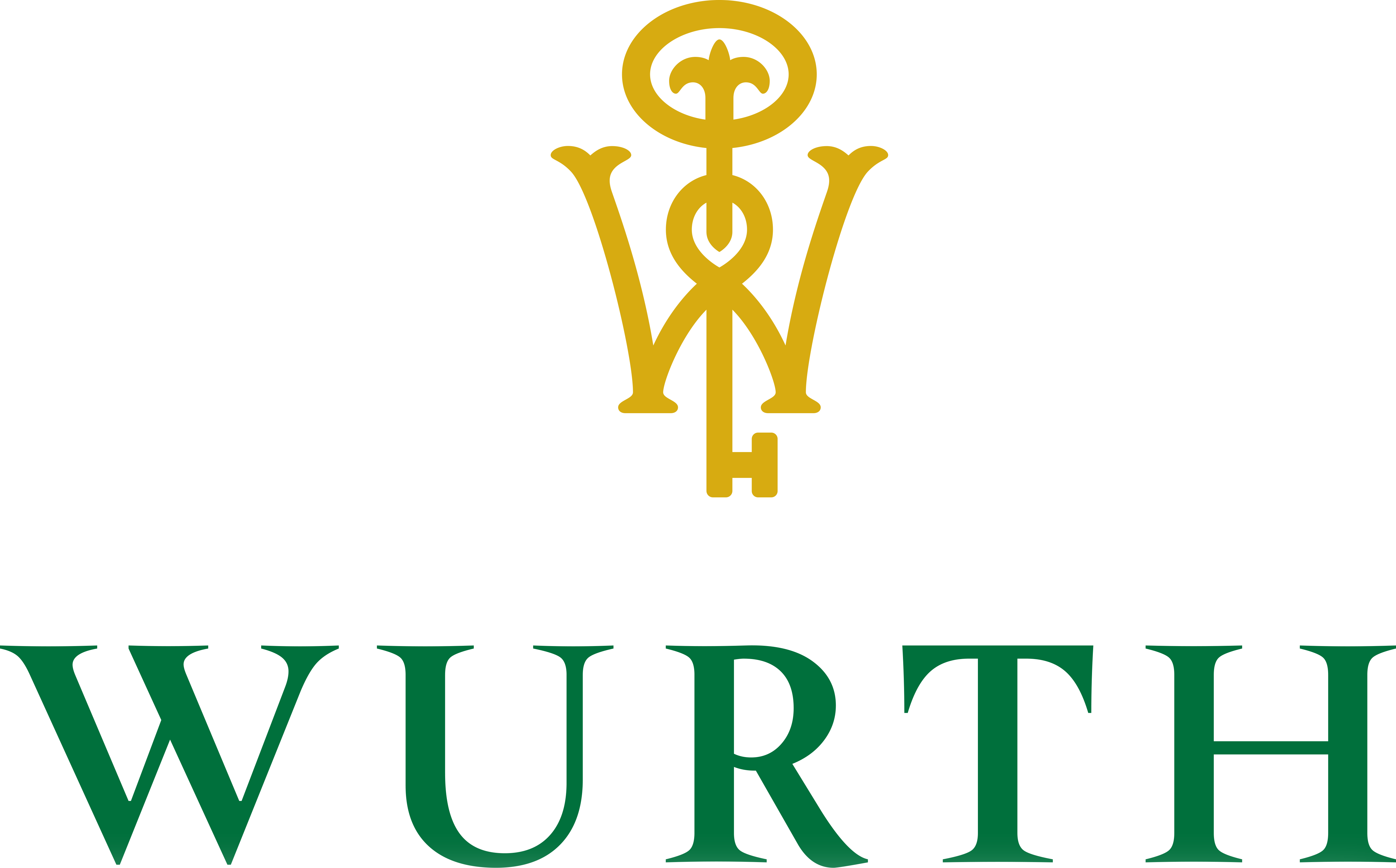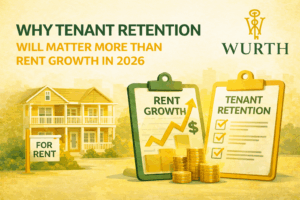Something interesting is happening in the rental world. Maybe you’ve felt it, maybe you haven’t. But the moment technology crossed paths with renter psychology, everything shifted. Landlords stopped guessing. Property managers stopped relying on gut instinct alone. And suddenly AI tenant behavior prediction became something people talk about with a weird mix of curiosity and mild disbelief.
Because the idea sounds dramatic at first. How can a machine know when someone is thinking about leaving before they even say it out loud. How would it know who is happy, who is restless, who is comparing listings late at night when they should be sleeping.
But it turns out the signs were always there. AI just notices them faster than humans do.
Let’s walk through this gently and without hype. You don’t need to become a tech expert. You only need to understand why AI is showing up everywhere and why your renewal rates matter more now than ever.
The Truth Behind AI Tenant Prediction
AI doesn’t read minds. It reads patterns.
Everyone leaves clues about how they feel about their home. Some clues are loud. Like late rent or repeated maintenance frustration. Others are tiny. Like subtle changes in communication. Fewer logins to the tenant portal. Less responsiveness. Random browsing activity that hints someone is watching the market shift.
AI simply connects dots faster.
It pieces together thousands of micro-signals and sorts them into something useful. A quiet early warning system that tells you which tenants are likely to renew and which might vanish at the end of their lease.
It sounds almost too simple, but it is surprisingly accurate. And in a world where turnover is expensive, accuracy is a gift.
Why Your Renewal Rate Is Becoming More Valuable Than Your Occupancy Rate
For years landlords focused on one thing. Keep the place filled.
That was the goal. If it was occupied, it was profitable. End of story.
But the past few years changed the math. Turnover costs climbed. Cleaning prices rose. Maintenance delays grew longer. And tenants became more selective, especially because of financial pressures mentioned in discussions like renter shortages across major markets.
Now a 95 percent renewal rate matters more than you think. High renewal means stability.
Stability means lower expenses. Lower expenses create higher true profit. It is the quiet side of the business that people don’t appreciate until the numbers reveal the truth.
And if AI can spot who is thinking about staying, you can focus on keeping them happy before the move-out thoughts even begin.
What AI Actually Looks At (Without Getting Creepy)
Despite the sci-fi fears, most AI systems aren’t snooping through people’s personal lives. They’re analyzing ordinary rental signals that already exist. Things you would notice manually if you had unlimited time and unlimited patience.
Here are some examples.
- Payment consistency
- Frequency of maintenance requests
- How quickly tenants confirm communication
- Mood shifts in message tone
- Whether they browse available units nearby
- Seasonal patterns that affect renter psychology
- Home usage trends that hint at satisfaction
When enough signals point in the same direction, the system nudges you. Not in an intrusive way. Just a gentle, predictable flag that helps you understand your tenants better.
This is where using technology to retain rental tenants becomes less about gadgets and more about anticipation. It gives you time. Time to fix something before it becomes an exit reason.
The Psychology Behind Predicting Renewal
Humans are predictable in the most human way possible. People repeat behaviors. People reveal dissatisfaction before they announce it. And people choose homes based on routines they rarely change.
AI just organizes the information.
Here is the simple truth: most tenants don’t leave spontaneously. They leave because something has been bothering them for a while.
A noise issue.
A maintenance backlog.
A minor frustration that grew until it felt like a push.
This is why AI combines perfectly with old-fashioned property management skills. Technology sees the signals. Humans fix the problem. And tenants feel understood without ever explaining the whole backstory.
Using Tech To Actually Improve Renewal Rates

If you want to know how to improve tenant renewal rates, one principle sits at the center. Tenants stay when life is easier with you than without you.
Technology helps make life easier in a few practical ways.
1. Early Alerts About Dissatisfaction
You can reach out months before renewal time instead of scrambling at the last minute.
2. Fast Maintenance Routing
AI can prioritize requests automatically, helping techs handle the urgent things before they turn into tenant resentment.
3. Smart Communication Patterns
If a renter usually responds within a few hours and suddenly takes days, the system can alert you to check in.
4. Personalized Renewal Offers
You don’t need to guess. You know who is stable and who might need a little encouragement.
This aligns closely with the logic used in property management systems that handle tough scenarios like reducing eviction risks through better screening and communication. AI is the same concept, but applied earlier and with far more subtlety.
The Hidden Reason AI Helps Landlords Most
AI removes emotional bias. Landlords get attached. They assume certain tenants are loyal. They think others are unreliable. And they are often wrong.
AI doesn’t get swayed by personality.
It simply calculates.
And that calculation helps landlords make decisions based on patterns, not assumptions.
By the time a human senses a tenant is preparing to leave, AI usually noticed it three months earlier. And three months is a lot of time to improve something, repair something, offer something, or simply communicate better.
It makes the entire relationship smoother and more sustainable.
Why Property Managers Are Adopting AI Faster Than Individual Landlords
Property managers already live inside systems. They follow routines. They depend on workflow consistency. So adding a predictive layer on top of that rhythm is natural.
A good property manager isn’t using AI to spy. They’re using it to prevent chaos.
- They see which homes need extra attention.
- They identify tenants who need check-ins.
- They plan renewals with fewer surprises.
- They manage expectations before feelings turn into decisions.
You don’t need a full management team to benefit from this. But you do need a mindset that accepts data as a partner instead of a threat.
What AI Cannot Predict
No technology is flawless. Some tenant departures are unpredictable because life is unpredictable. Job transfers. Breakups. Health issues. Sudden relocations. New opportunities.
AI doesn’t guess the personal. It only reads the behavioral. Which is why AI is a tool, not a solution. The human side still matters more. Listening still matters more. Consistency still matters more.
AI helps you show up at the right time. But you still have to show up.
If you want help using renter data, renewal patterns, and simple tech tools to keep your best tenants longer, we would be glad to support you. At Wurth Property Management, we focus on combining technology with real human service so you get predictability without losing the personal touch. You’re welcome to reach out anytime.
FAQs
1. What is AI tenant behavior prediction?
A: It is the use of data patterns to identify which renters are likely to renew, leave, or need attention.
2. How does AI help improve tenant renewal rates?
A: By spotting early signs of dissatisfaction, helping landlords address issues before move-out decisions form.
3. What technology is used to retain rental tenants?
A: Tools that track communication, maintenance trends, payment patterns, and renewal signals.
4. Does AI replace property managers?
A: No. It enhances their work by predicting patterns humans often miss.
5. How accurate is AI in rental prediction?
A: It’s surprisingly accurate for behavioral patterns, but it cannot predict major personal life changes.







